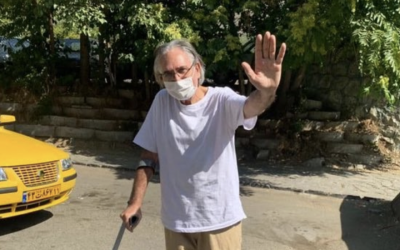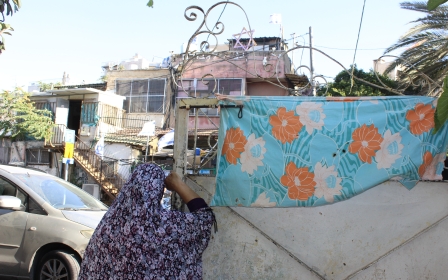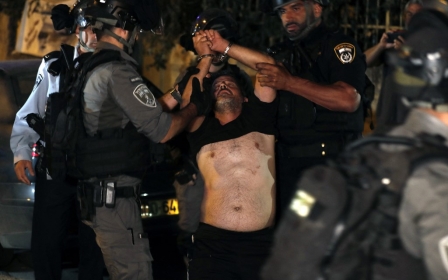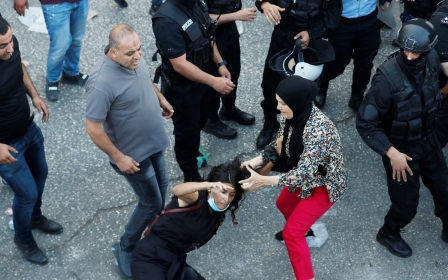Cannes: Palestinian actors withdraw from festival over Israeli ‘cultural erasure’
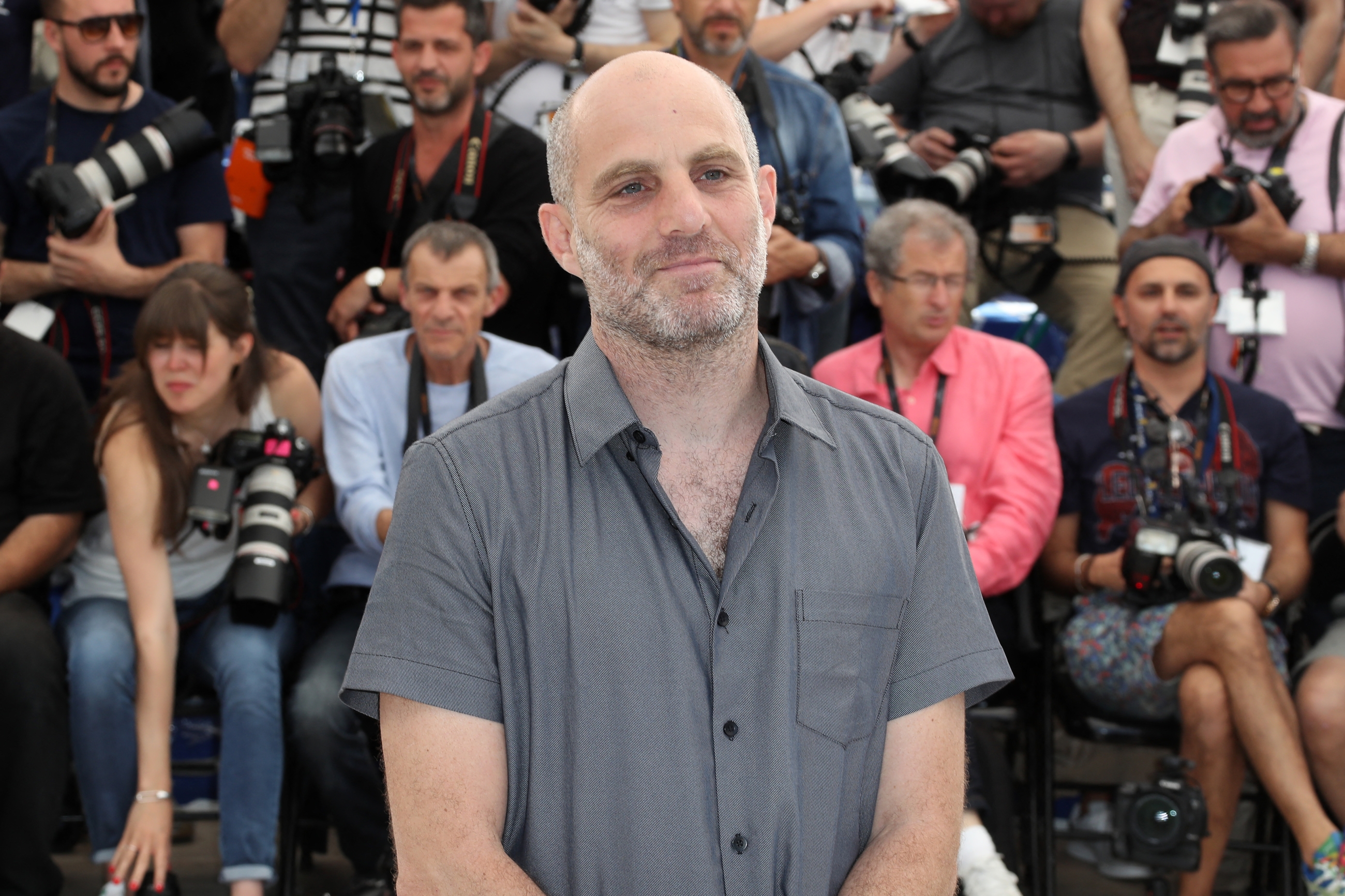
Palestinian actors starring in the film Let It Be Morning have said they will not attend this year's Cannes Film Festival in protest against the film being labelled an "Israeli production”.
The film, which was written and directed by Eran Kolirin, an Israeli, tells the story of a Palestinian Israeli citizen, Sami, who is unable to return to Jerusalem when Israeli soldiers force the Palestinian-majority village he has travelled to into a lockdown. The film follows Sami's journey as he faces a midlife crisis and rediscovers his family and purpose.
The film is an adaptation of a book by Palestinian writer Sayed Kashua, and stars a number of prominent Arab and Palestinian actors, including Alex Bakri, Juna Suleiman and Salim Daw.
On Thursday evening, the cast signed a letter citing their objections to the nomination of the film at Cannes Film Festival, which takes place from 6 to 17 July, as an Israeli production, saying they would withdraw from the event.
“We cannot ignore the contradiction of the film’s entry into Cannes under the label of an ‘Israeli film’, when Israel continues to carry its decades-long colonial campaign of ethnic cleansing, expulsion and apartheid against us - the Palestinian people,” their statement read.
The letter also calls on the artistic and international community to amplify the voices of Palestinians and Palestinian artists.
“Each time the film industry assumes that we and our work fall under the ethno-national label of ‘Israeli’, it further perpetuates an unacceptable reality that imposes on us, Palestinian artists with Israeli citizenship, an identity imposed by Zionist colonisation to maintain the ongoing oppression of Palestinians in Palestine."
Besides the lead actors, other members of the cast who signed include Ehab Elias Salameh, Izabel Ramadan, Samer Bisharat, Yara Jarrar, Marwan Hamdan, Duraid Liddawi, Areen Saba, Adib Safadi and Sobhi Hosary.
Kolirin, the director, said that the actors’ decision to not attend the festival was more of a political act than a boycott.
“They are not boycotting, they are very proud to have participated in the film... they have decided on a political act of absence to protest cultural erasure,” he said.
"I understand that, and support their every decision. It hurts me that they won’t be there to celebrate their stunning work, but I respect their position,” he added.
Middle East Eye delivers independent and unrivalled coverage and analysis of the Middle East, North Africa and beyond. To learn more about republishing this content and the associated fees, please fill out this form. More about MEE can be found here.


